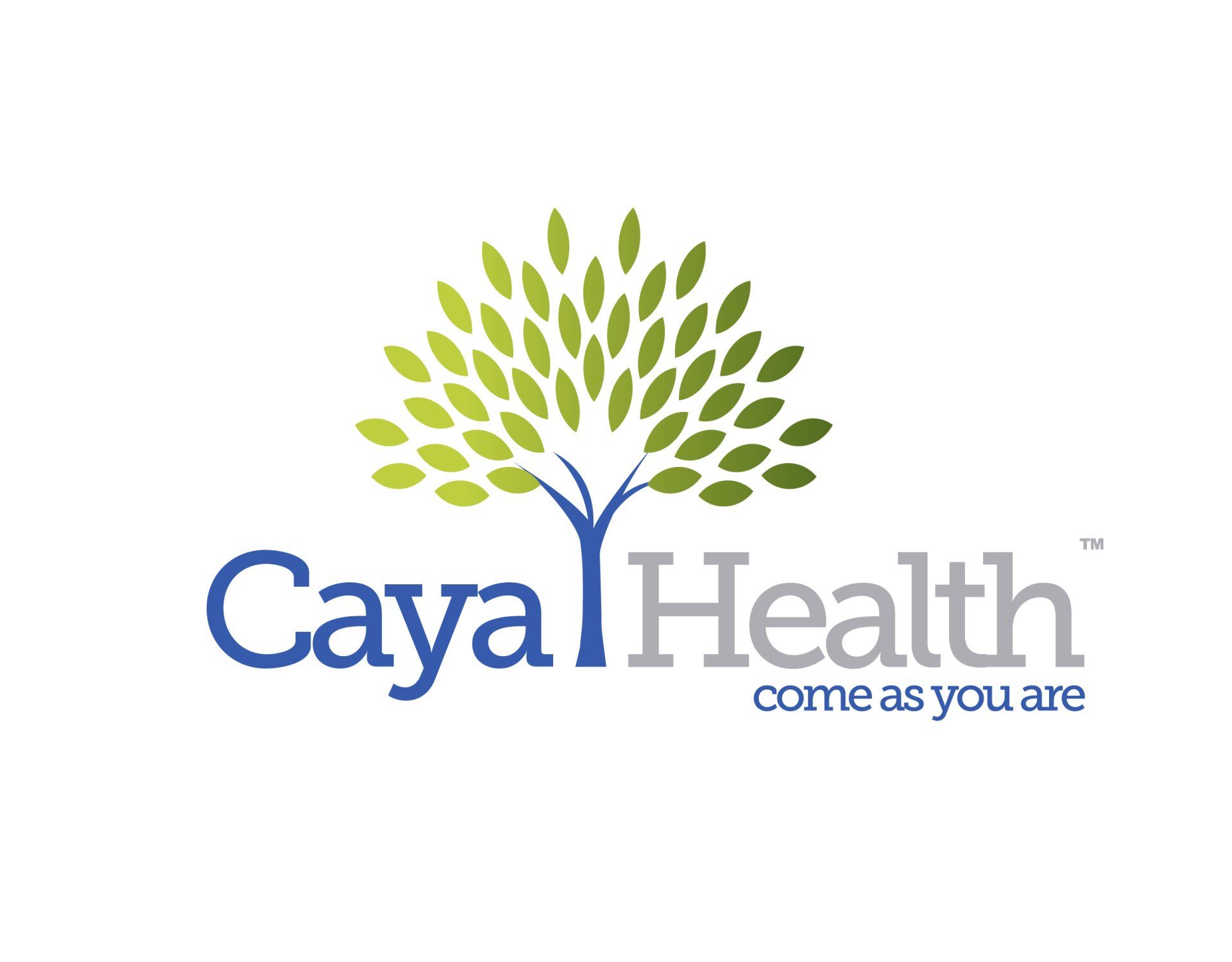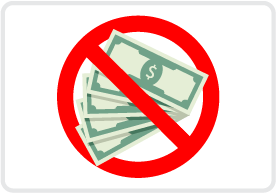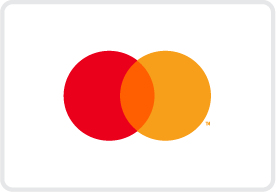Understanding Child Anxiety
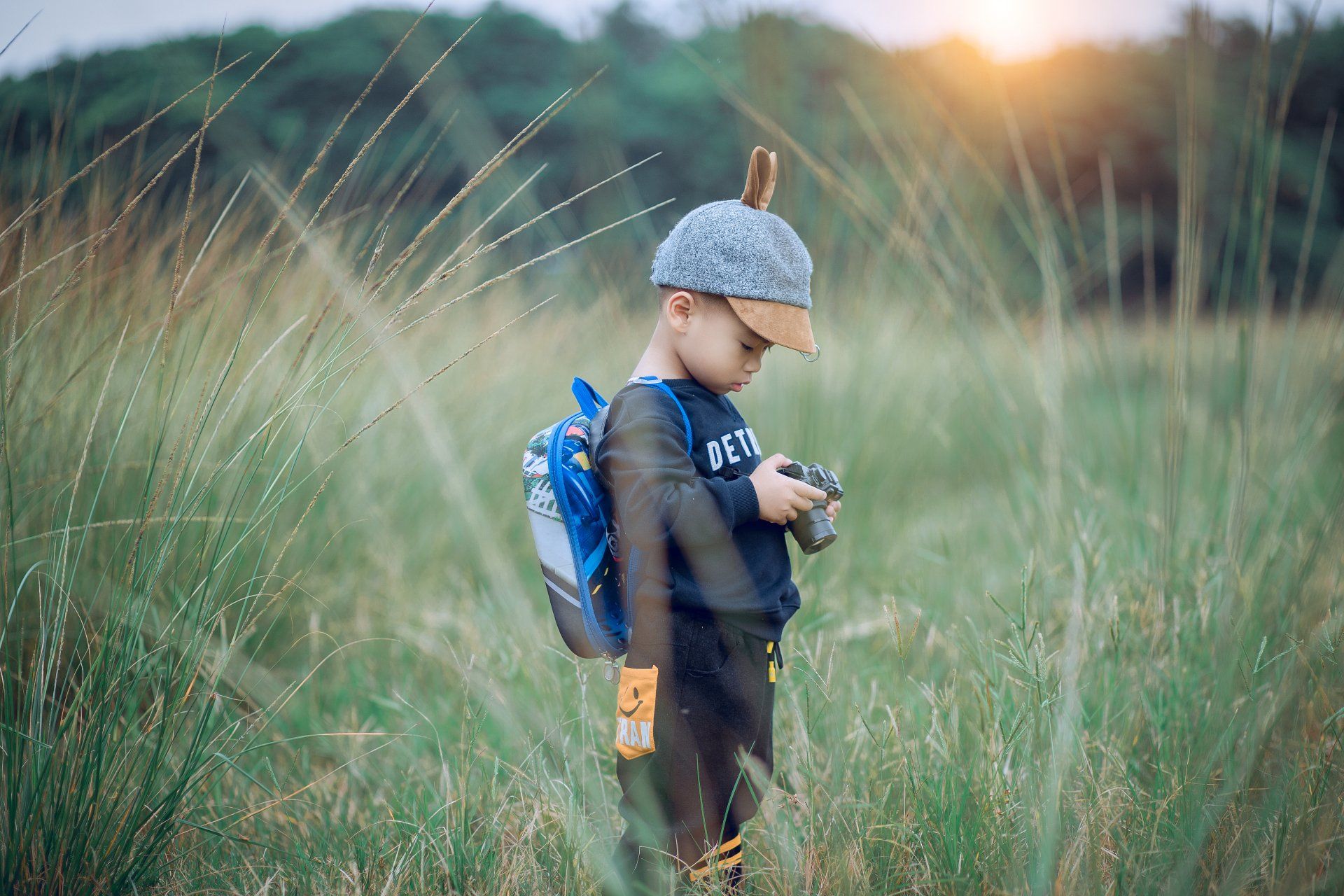
Understanding Child Anxiety
Child anxiety is a real issue that can affect children of all ages. Parents and caregivers should be aware of the signs of anxiety in children and how to help them.
Signs of Anxiety in Children
Anxiety in children can manifest in a variety of ways, from physical symptoms to emotional and behavioral changes. It is important for parents and caregivers to be aware of the signs of anxiety in children so they can intervene and provide help. Common signs of anxiety in children can include:
Physical Symptoms - Physical symptoms of anxiety in children can include headaches, stomachaches, and fatigue. Children may also experience difficulty sleeping, changes in appetite, or difficulty concentrating.
Emotional Symptoms - Emotional symptoms of anxiety in children can include feelings of fear, worry, or sadness. Children may also become easily frustrated or irritable. They may be more clingy or withdrawn than usual.
Behavioral Symptoms - Behavioral symptoms of anxiety in children can include avoidance of certain activities or situations, such as school or social events. Children may also become more aggressive or have difficulty following instructions.
The Causes of Child Anxiety
Child anxiety can be caused by a variety of factors, including genetic predisposition, environmental stressors, and medical conditions. Common causes of child anxiety can include:
Family Environment - The family environment can have a significant impact on a child's anxiety levels. If a child is exposed to frequent conflict, criticism, or neglect, this can increase their risk of developing anxiety.
School Environment - The school environment can also contribute to a child's anxiety. Factors such as bullying, academic pressure, or social isolation can increase a child's anxiety levels.
Medical Conditions - Medical conditions can also be a cause of anxiety in children. Conditions such as autism, ADHD, or depression can cause a child to experience higher levels of anxiety.
Discussing the Issue with a Child
It can be difficult to discuss the issue of anxiety with a child, but it is important for parents and caregivers to do so. When discussing anxiety with a child, it is important to be open and honest, and to listen to their concerns without judgment. It is also important to provide reassurance and to let them know that they are not alone.
Seeking Help from a Mental Health Professional
If a child is experiencing anxiety, it is important to seek help from a mental health professional. A mental health professional can provide a diagnosis and create a treatment plan that is tailored to the child's individual needs. Treatment options can include cognitive-behavioral therapy, medication, and lifestyle changes. Parents and caregivers should be aware of the signs of anxiety in children and how to help them. By understanding the causes of child anxiety, recognizing the symptoms, discussing the issue with a child, and seeking help from a mental health professional, parents and caregivers can help their child manage their anxiety. To learn more about child anxiety contact Caya Health at our Lake Mary, FL location at 407-559-7011!

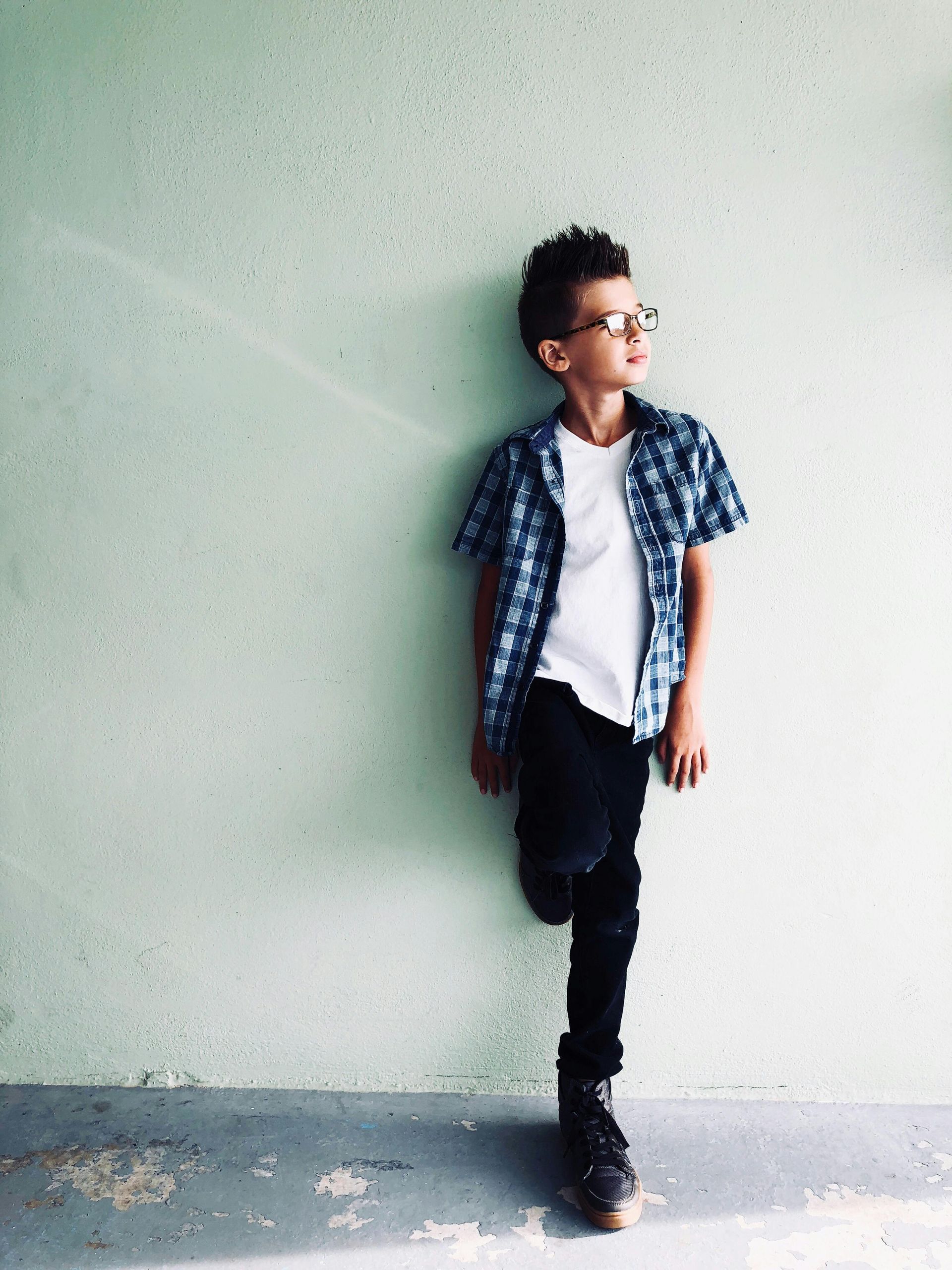

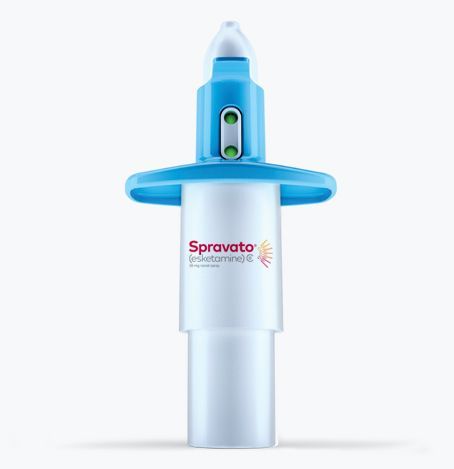

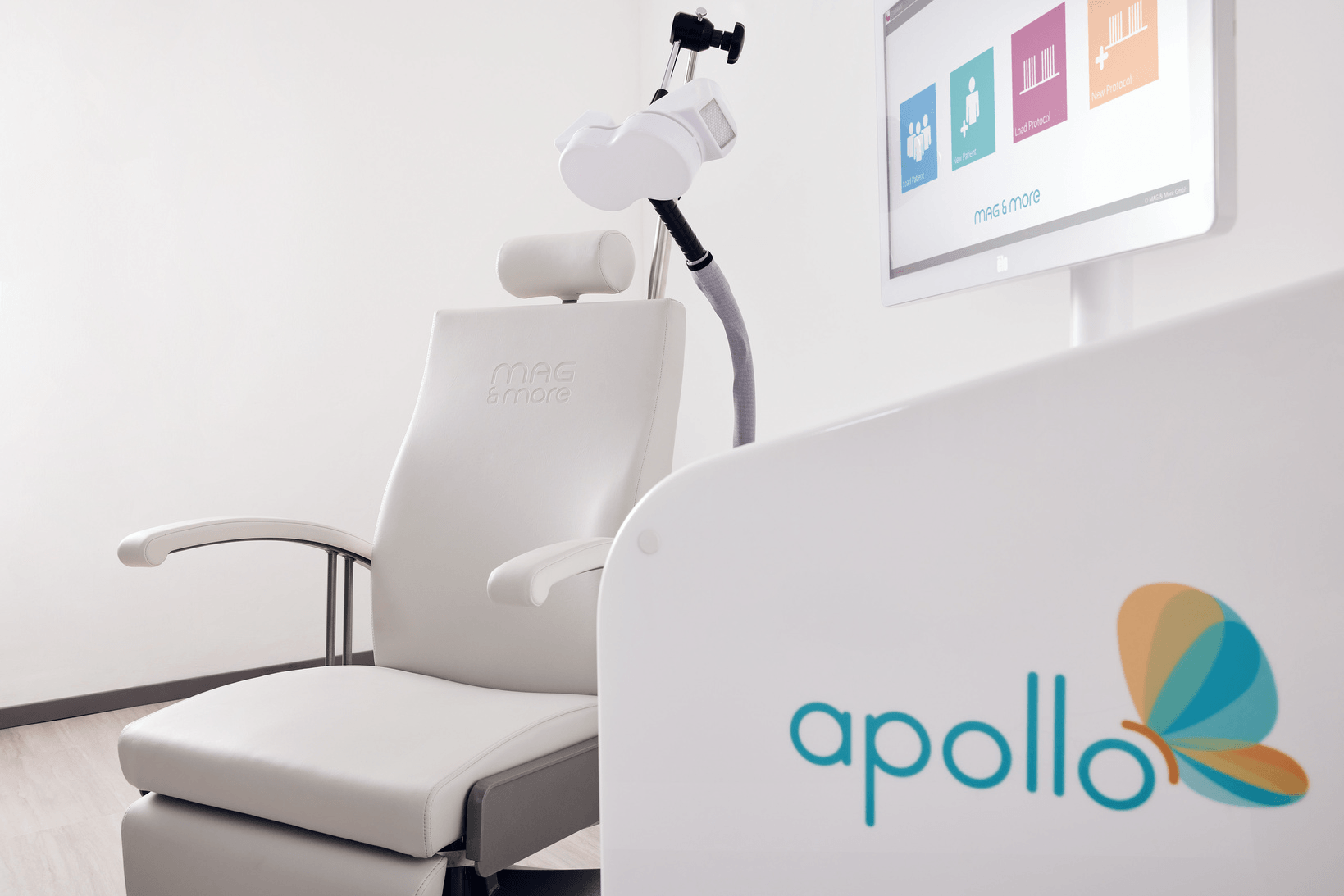
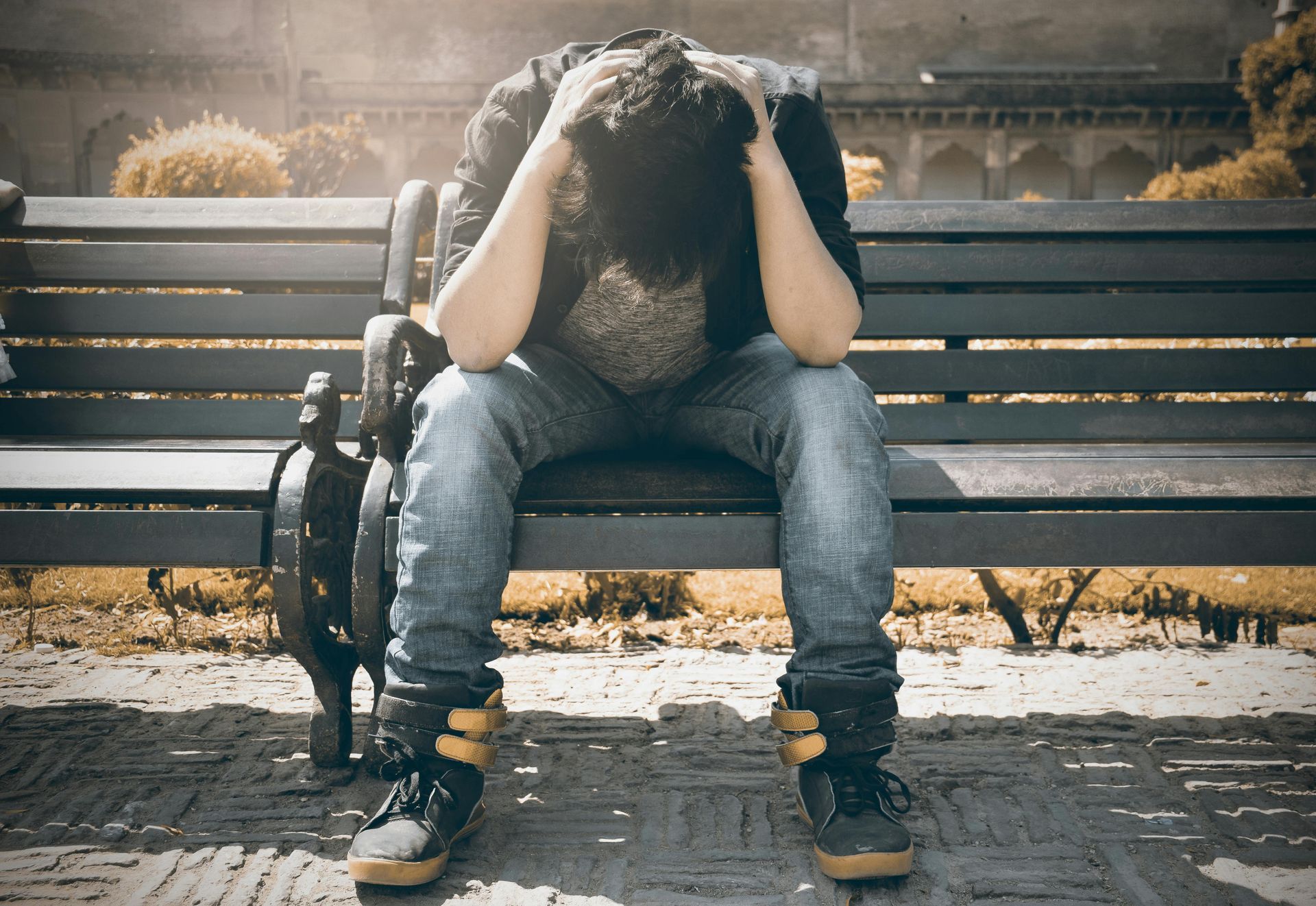

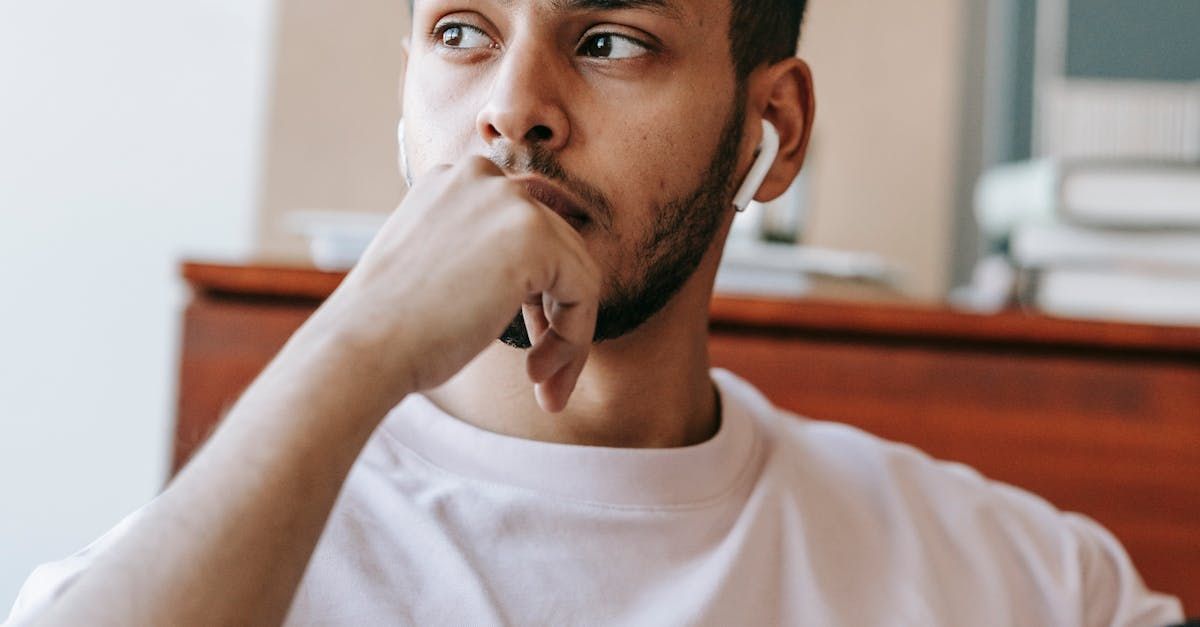

Caya Health - Whole Person Integrated Healthcare
Lake Mary Office Location
1355 S International Pkwy, Unit 1481, Lake Mary, FL. 32746
Appointment Phone Number
Fax Number
If You Have A Question Or Need An Appointment
We accept
All Rights Reserved. Terms and Privacy Policy | Bizimage Marketing
